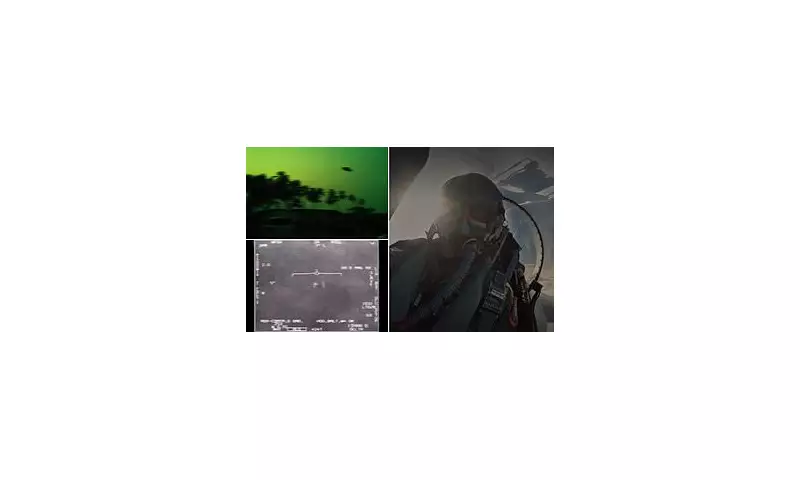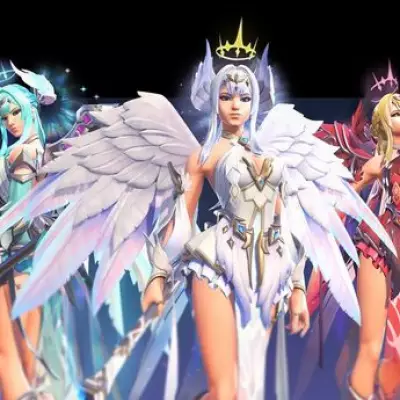
The age-old image of the 'little green man' as the universal caricature for an alien visitor is not just scientifically dubious—it could be downright interstellarly offensive, according to a new academic paper.
Dr. Fergus Simpson from the University of Oxford’s prestigious Future of Humanity Institute has published a provocative thesis. He posits that our attempts to communicate with extraterrestrial civilisations may be severely hampered by a raft of human-centric biases and assumptions.
Beyond the Science Fiction Stereotypes
Dr. Simpson’s work moves the debate far beyond the realms of science fiction. He suggests that advanced alien species are likely to be far larger, older, and more technologically superior than humanity has typically imagined.
The central argument is that we are guilty of 'anthropomorphic bias'—the tendency to attribute human-like characteristics to non-human entities. This, he warns, could lead to catastrophic misunderstandings.
Why Size and Age Matter
The paper outlines several key hypotheses that challenge popular culture:
- Size: Statistically, most intelligent aliens are likely to be larger than humans, not smaller. The 'little' in 'little green men' is almost certainly a fallacy.
- Age: Any civilisation capable of contact will likely be millions of years older than ours, making their knowledge and technology unimaginable to us.
- Communication: Our methods of sending messages, like the plaques on the Voyager probes, may be seen as primitive or even insulting by a more advanced species.
A Warning Against Anthropomorphism
Dr. Simpson draws a stark comparison, suggesting that our current approach to messaging aliens might be as naive and simplistic as a dog barking at a computer screen. We are simply not equipped to comprehend a consciousness that has evolved entirely independently of life on Earth.
The concept of 'little green men' is not just reductive; it reflects a failure of imagination. These beings could possess a form of intelligence so alien that concepts like 'green' or 'men' are entirely meaningless to them.
The Path Forward
The academic concludes with a call for caution and humility. Before we blast more messages into the cosmos, we must first undertake a deeper effort to understand the potential nature of the recipients. Rushing in with human-centric stereotypes isn't just unscientific—it might be the ultimate galactic faux pas.
The search for extraterrestrial intelligence (SETI) remains one of humanity's most profound quests. But as we gaze at the stars, we must first look in the mirror and recognise our own limitations.





